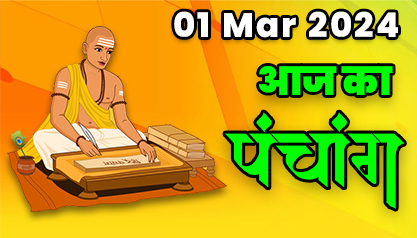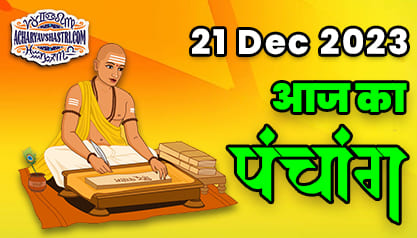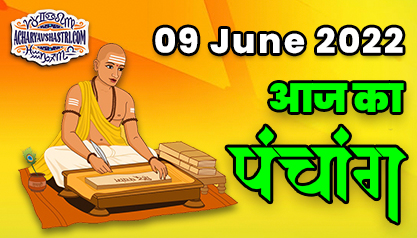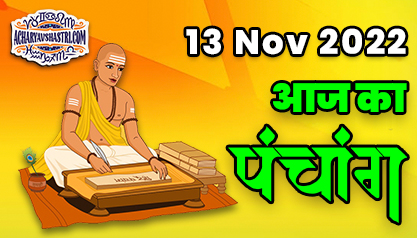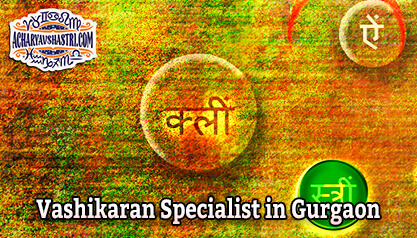Exploring the rise of increasing popularity in astrology apps and websites that rely on AI to create horoscopes and astrology predictions.
We’ll try not to make this article sound like a plea for my responsibility to delve into AI and the mark it’s made on the universe or you can say as a 3rd Generation Astrologer and spiritual practitioner. I’ve always assumed this type of work would be safe from digital interference; after all, it seems impossible to put an intuition program and human compassion into a code on a computer. Then again, technology has always been as mysterious to me as astrology charts, tarot cards, and psychic phenomena might be to the common person. With the rise of increasingly popular astrology apps and websites that rely on AI to generate vedic horoscopes and predictions, I couldn’t resist the temptation to explore these trends for myself.
Before I start poking holes in AI’s approach to astrology, I’ll admit that technological advancements have made decoding the stars or planets much more accessible than it used to be. Technology in general has played a huge role in making vedic astrology not only approachable but also as big as it has become in last few years. In ancient times,Vedic astrologers did all their birth chart analysis by hand and now, there are many different programs that help speed the process.
Explains Acharya V Shastri, author of Saral Vedic Astrology (In Hindi and English languages). “This allows us to focus more on interpretation instead of worrying too much about the mathematics and calculations of it. For this reason, it is easier than ever to become a profound astrologer, as there are many tools that have made this ancient knowledge more available in modern times. Technology, mostly in the form of apps, has also helped astrologer enthusiasts follow the natural characteristics and moments of the planets, making it easier to understand how astrology affects them at any given time. I think developments in AI will continue to change the way we experience astrology, which can be very exciting!
While I wholeheartedly value the convenience planetary tracking programs offer, the information I receive is more data centric than predictive. I’m not asking the computer how Mercury entering Aquarius will impact my communication skills; I just need to know when this shift will occur so I can tell my readers what to expect. “From my knowledge about AI, it’s not reliable in writing opinion-based articles on astrology or horoscopes since interpretation is key,” says author and astrologer Lisa Stardust. “For a debriefing in transits, it’ll be effective, but remember that transits don’t affect everyone the same, which is why an astrologer is vital.” When we astrologers are unpacking birth charts or writing your horoscopes, we’re looking at more than planetary interaction. We make intuitive judgments on how the cosmos will impact a single person or the collective while taking into consideration themes being dealt with as a society.
Digging further, I began my research by conversing with the AI program du jour ChatGPT, asking simple questions like “What is my rising sign?” and including all the necessary info needed to generate an answer, such as birth time, date, and location. I’m immediately underwhelmed as my rising and moon signs are incorrectly predicted but also feel vindicated at this technological misstep. To its credit, the application suggests consulting with a professional astrologer for more accurate insights, an added touch I greatly appreciated.


